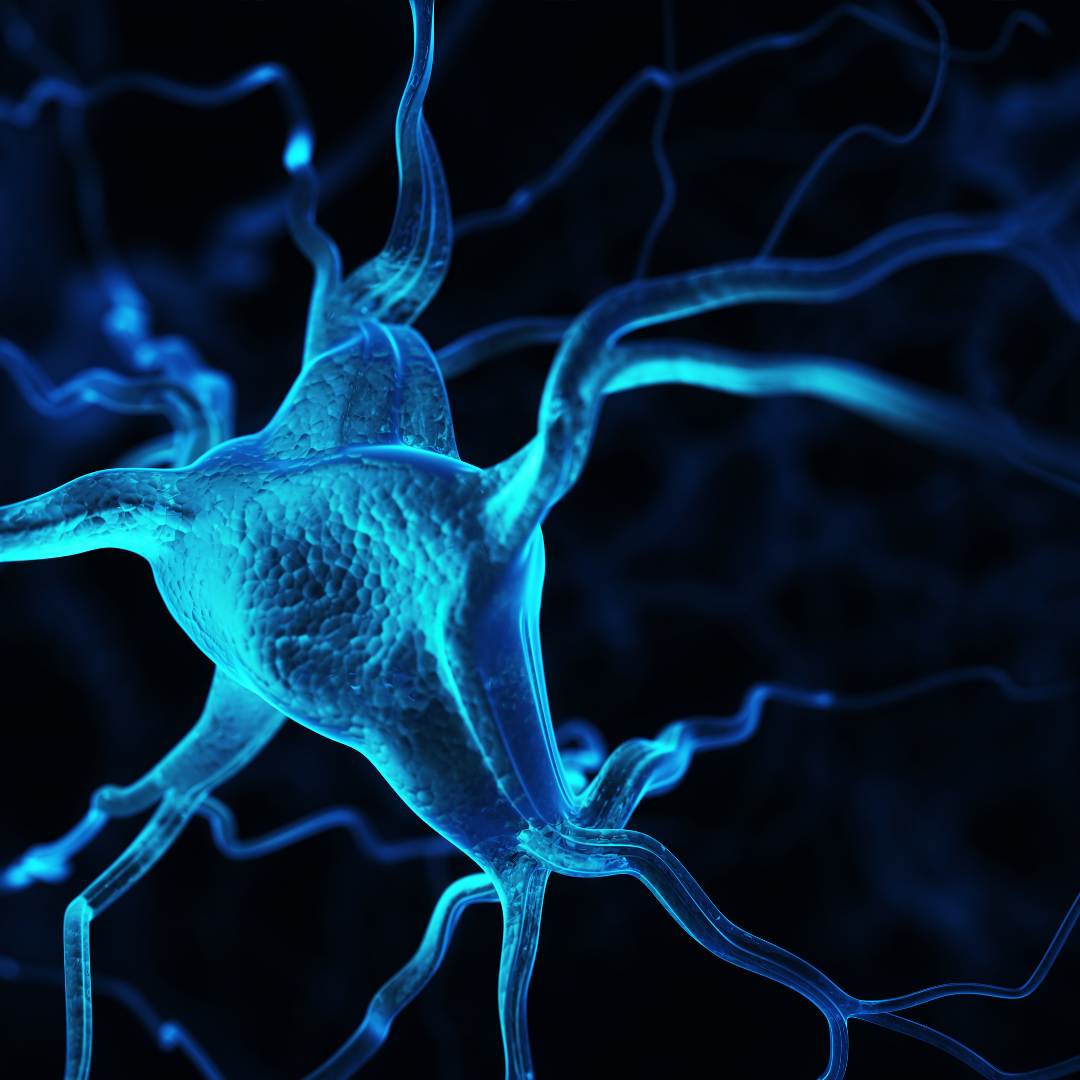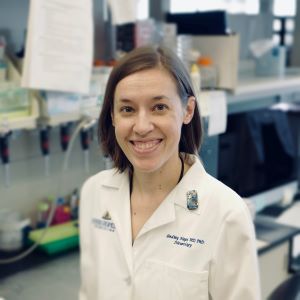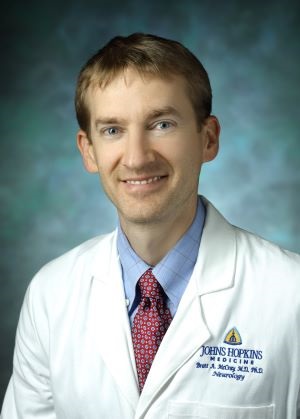Spotlight on Early Career ALS and Peripheral Neuropathy Investigators

Sponsored by the Department of Neurology and Brain Sciences and the Healthcare Affinity
Join early career physician-scientists, Sarah Berth, Lindsey Hayes, and Brett McCray, as they present their exciting research on Amyotrophic Lateral Sclerosis (ALS) and peripheral neuropathy.
Please, access the Zoom here:
Join from a PC, Mac, iPad, iPhone or Android device:
Please click this URL to join. https://jh.zoom.us/j/94816118162
Or join by phone: US: +1 301 715 8592
Webinar ID: 948 1611 8162
MEET OUR SPEAKERS
Sarah Berth, M.D., Ph.D., Assistant Professor of Neurology
Sarah Berth, M.D., Ph.D., is an Assistant Professor in Neurology that specializes in neuromuscular disorders. She received her B.A. in biological sciences at Northwestern University. She then earned her M.D. and Ph.D. from the University of Illinois-Chicago in Chicago, Illinois. Her Ph.D. research examined the molecular mechanisms underlying HIV neuropathies. She then came to Johns Hopkins Hospital for Neurology residency, where she also completed a fellowship in Neuromuscular Medicine. Dr. Berth’s research interests include understanding cellular mechanisms for degeneration in neuromuscular disease. She is particularly interested in understanding how transport of organelles and autophagy (clearance of damaged proteins) is disrupted in amyotrophic lateral sclerosis (ALS).
Lindsey Renae Hayes, M.D., Ph.D., Assistant Professor of Neurology

Dr. Hayes is an Assistant Professor of Neurology and a neuromuscular specialist. She completed her MD/PhD training at Emory University in Atlanta where she studied the neuropathological progression of amyotrophic lateral sclerosis (ALS) under the mentorship of Dr. Jonathan Glass. She then pursued neurology residency and neuromuscular fellowship at Johns Hopkins, where she joined the faculty in 2016. From 2016-2020, under the mentorship of Dr. Jeffrey Rothstein, she studied the pathogenesis of the most common genetic form of ALS and frontotemporal dementia (FTD), caused by a mutation in C9orf72. Her work uncovered new mechanisms by which C9orf72 dipeptide repeat proteins disrupt nuclear transport —the regulated trafficking of proteins and RNAs in and out of the nucleus. In 2020, Dr. Hayes established her own independent laboratory with a focus on the mechanism and regulation of TDP-43 nuclear shuttling and TDP-43 mislocalization, a major pathologic hallmark of sporadic and genetic forms of ALS/FTD. By understanding the mechanisms governing TDP-43 localization and function, she hopes to identify novel therapeutic targets for ALS/FTD.
Brett Andrew McCray, M.D., Ph.D., Assistant Professor of Neurology

Dr. Brett McCray is a physician-scientist with a clinical and research focus on Charcot-Marie-Tooth (CMT) disease, the most common form of inherited neuropathy and the most common inherited neurologic disease worldwide. He currently co-directs the Johns Hopkins CMT clinic and also manages clinical research studies for these patients. In addition to caring for patients with CMT and other neuromuscular diseases, Dr. McCray has a basic science lab focused on the pathogenesis of inherited forms of peripheral neuropathy with the goal of identifying common pathogenic mechanisms and novel broadly applicable therapeutic targets. His current work is focused on understanding the pathogenesis and treatment of CMT type 2C, which is caused by mutations in the calcium-permeable cation channel TRPV4. His team’s work in animal models of this condition suggests that available TRPV4-blocking drugs could not only be beneficial for patients with CMT2C, but also many other conditions in which TRPV4 activity is abnormally elevated.
The perspectives and opinions expressed by the speaker(s) during this program are those of the speaker(s) and not, necessarily, those of Johns Hopkins University and the scheduling of any speaker at an alumni event or program does not constitute the University’s endorsement of the speaker’s perspectives and opinions.
